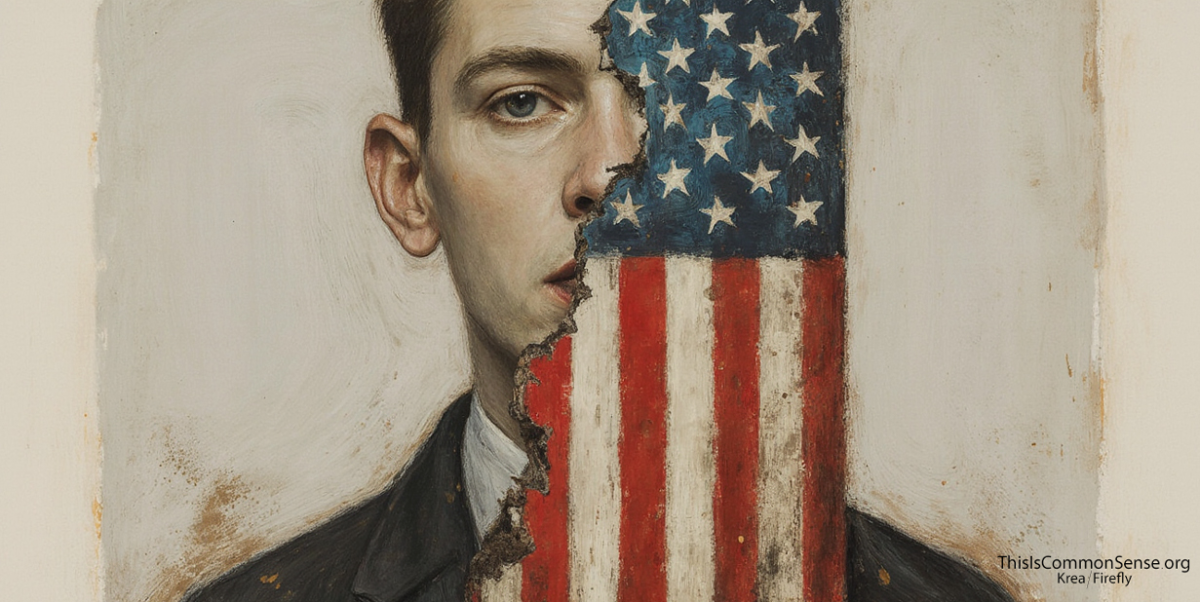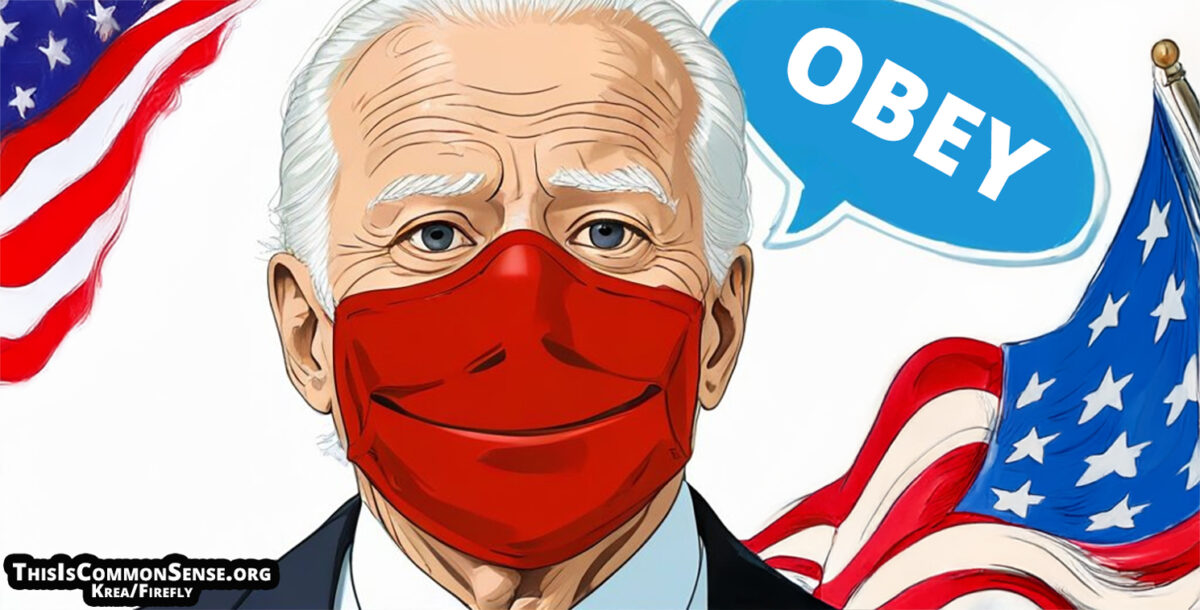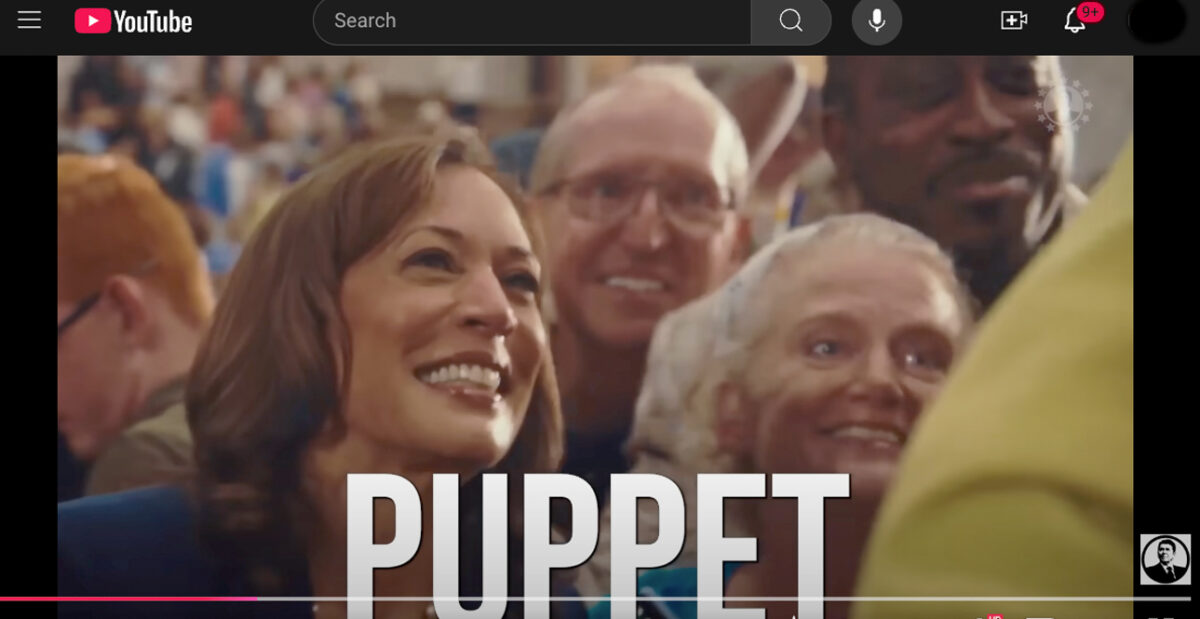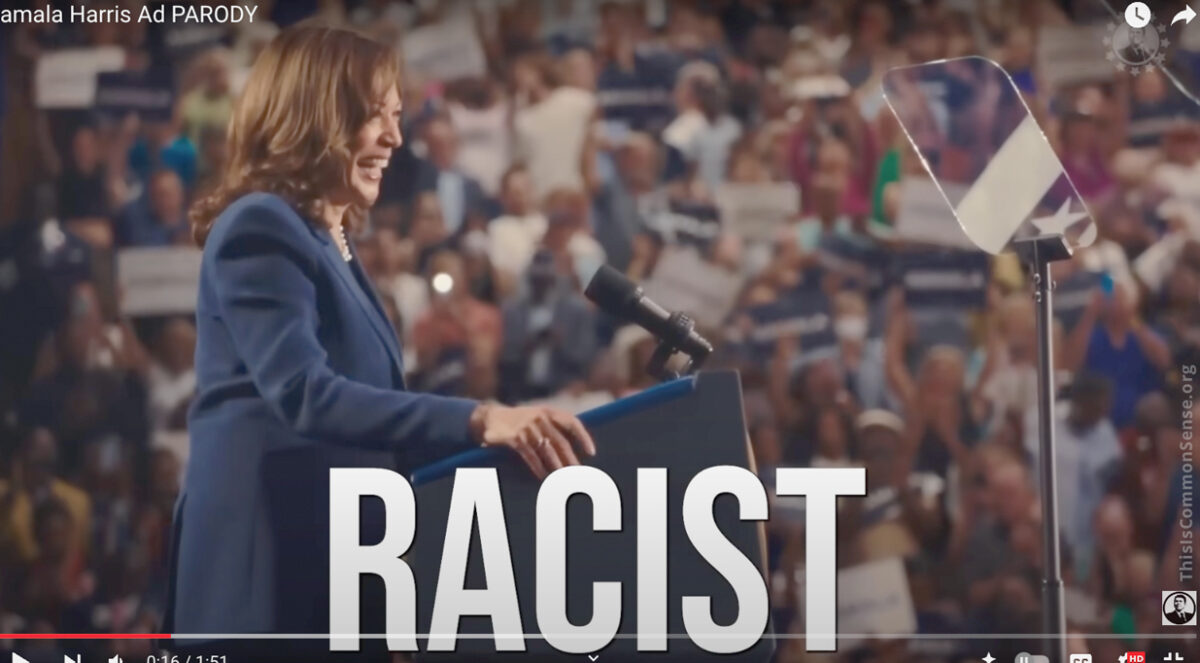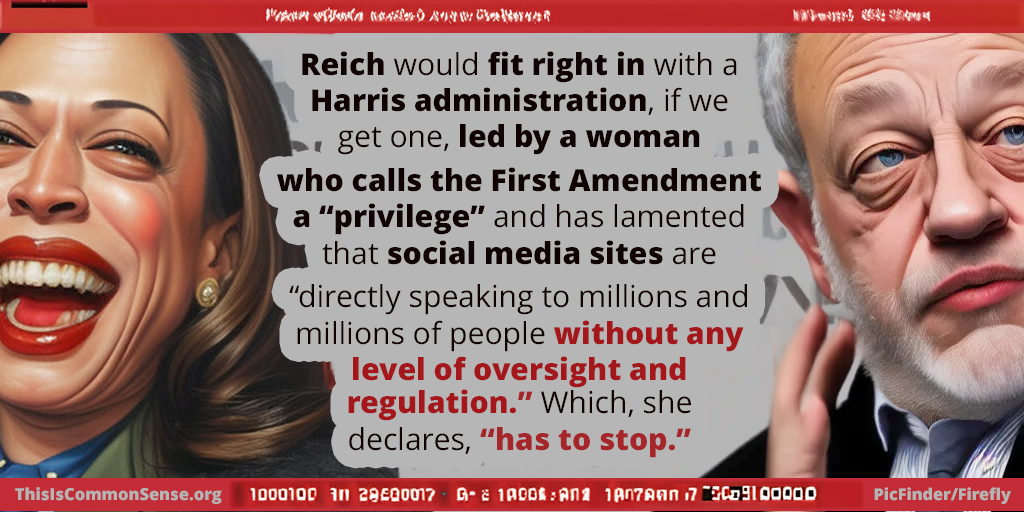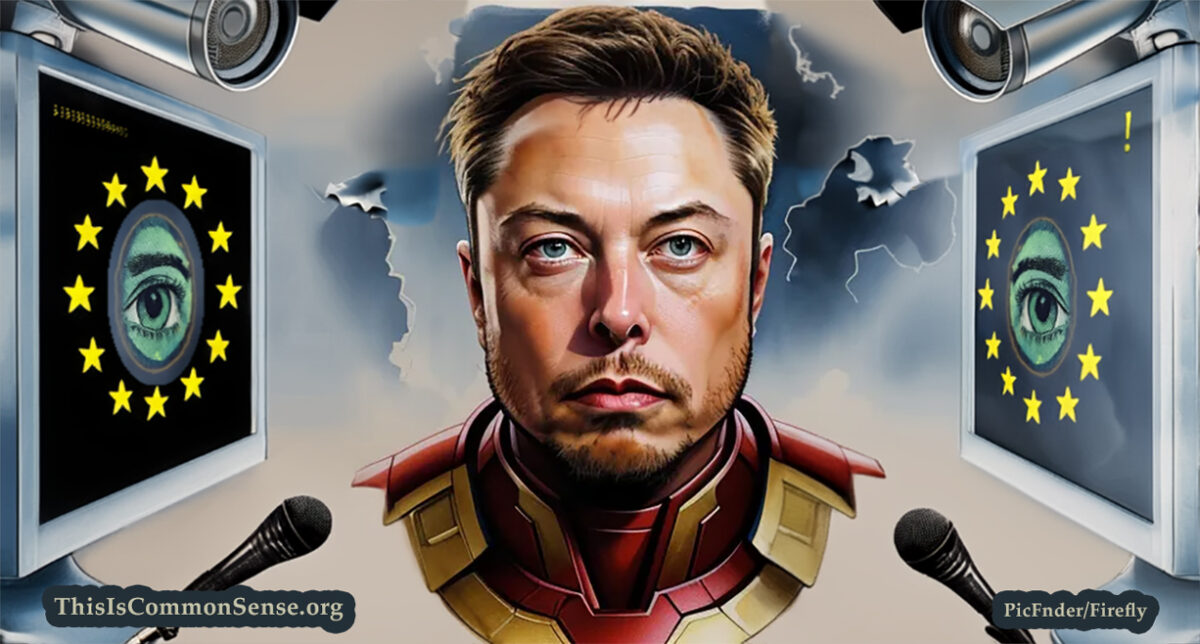Critiques of campaign finance regulations (CFR) often focus on particularly egregious applications or expansions of the regulations.
That’s fine. When somebody who is hammering us on the head starts hammering even harder, it’s okay to object.
We should make clear, though, that we object to being head-bashed at all, not just the latest intensification.
In an amicus brief submitted to the Supreme Court National Republican Senatorial Committee v. FEC, the Institute for Free Speech and the Manhattan Institute are tackling CFR-rationalized repression of speech (CFRRS) as such.
“By conflating election campaign speech with the mechanics of running elections,” IFS says, “the Supreme Court has allowed the government to trample the First Amendment through campaign finance laws.”
This has been going on at least since the Supreme Court’s 1976 ruling in Buckley v. Valeo.
The current case, NRSC v. FEC, pertains to federal limits on coordinated spending by political parties, which is allowed in many states. IFS punches holes in the excuses for this instance of CFRRS but also stresses the bottom line.
“The brief argues that the federal government lacks the power to regulate this type of speech in the first place.… The Constitution grants Congress the power to regulate the times, places, and manner of electing federal officials. But … speech about candidates is not the same thing as the election itself, and the Elections Clause does not give Congress authority to regulate core political speech.”
Obviously. May at least five out of nine justices grasp this also.
This is Common Sense. I’m Paul Jacob.
Illustration created with Krea and Firefly
See all recent commentary
(simplified and organized)
See recent popular posts
